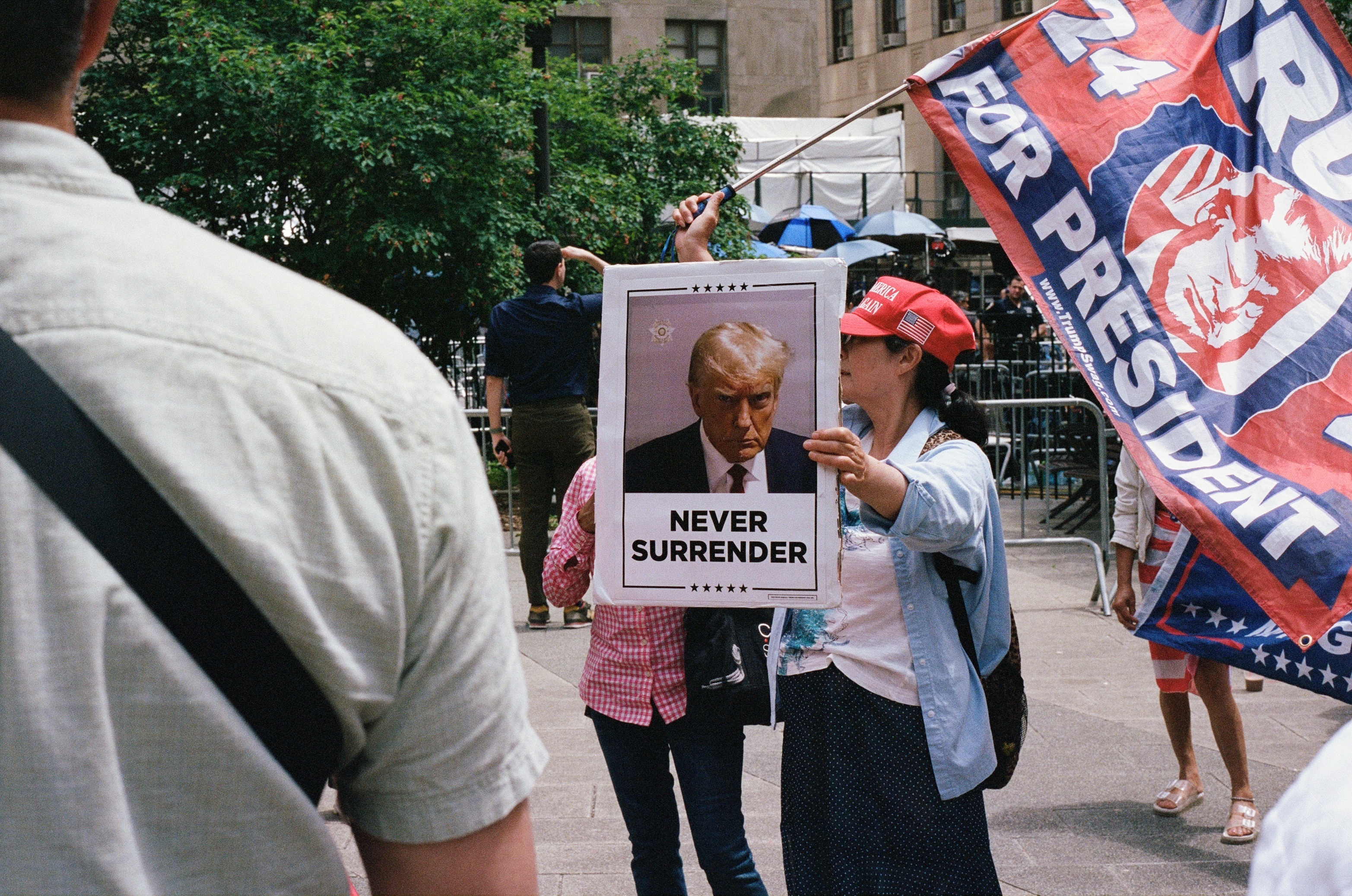A Two-Person Rule for Ordering the Use of Nuclear Weapons, Even for POTUS?
The election has made me contemplate the following question: should even the President of the United States, regardless of party or the individual involved, have the unilateral authority to order the use of nuclear weapons under all possible circumstances?
Published by The Lawfare Institute
in Cooperation With

The election has made me contemplate the following question: should even the President of the United States, regardless of party or the individual involved, have the unilateral authority to order the use of nuclear weapons under all possible circumstances?
In the era that the Constitution was written, it made sense for Presidents to have the immediate authority to use military force to repel foreign invasion. But the only circumstance today in which decisions about using nuclear weapons need to be made in minutes is a scenario involving launch-on-warning (LOW) for the ICBM force. In all other circumstances, modern communications systems should be able to link the President in a timely way to a second person who would have to concur in the use of nuclear weapons, say, for example, the chairman of the Joint Chiefs of Staff or the Secretary of Defense.
Two interesting questions here: First, could such a scheme be implemented constitutionally? Second, what is involved for implementing the scheme so that it is technically impossible to bypass the 2-person rule involving the President in all scenarios aside from the LOW scenario? (It would greatly simplify the technical design if we got rid of the ICBM force, and there are other reasons to do that, but maybe not having ICBMs is not an absolutely necessary condition.)
Anyone want to work on this problem with me?




